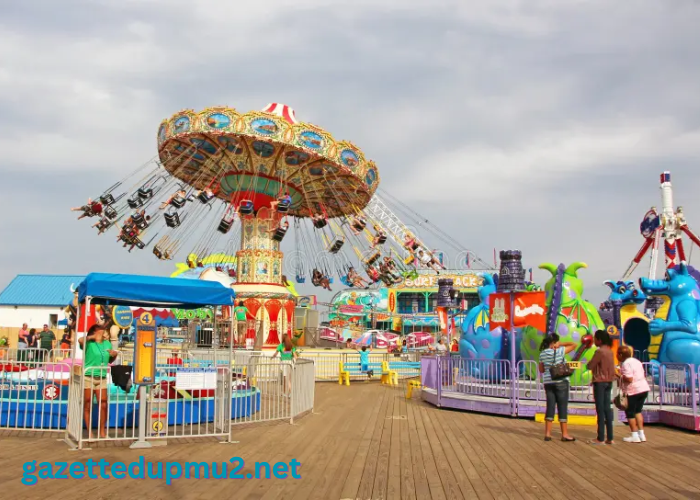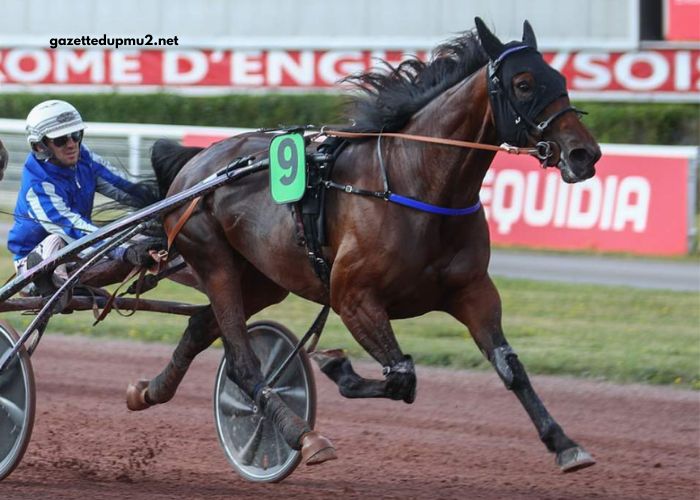Entertainment is an integral part of human culture and society. From ancient civilizations to modern times, the pursuit of amusement and diversion has been a constant in our lives. Whether it’s through storytelling, music, dance, or technology-driven experiences, entertainment has evolved and adapted to meet the changing needs and desires of humanity. In this article, we will delve into the fascinating world of entertainment, exploring its history, its various forms, and its profound impact on our lives.
The History of Entertainment
The history of entertainment is as old as human civilization itself. Our ancestors, even in the most primitive societies, engaged in activities that can be classified as forms of entertainment. These early forms of amusement served various purposes, such as social bonding, spiritual rituals, and the transmission of cultural knowledge.
Ancient Entertainment
In ancient civilizations, entertainment often revolved around communal gatherings. In ancient Greece, for example, theater was a popular form of entertainment. The plays of playwrights like Sophocles and Euripides were performed in amphitheaters to large audiences. These plays explored complex themes and emotions, providing both intellectual stimulation and emotional catharsis for the spectators.
Similarly, in ancient Rome, the Colosseum hosted grand spectacles, including gladiator battles and chariot races. These events served not only as sources of entertainment but also as tools for political propaganda and social control.
Storytelling and Oral Tradition
Storytelling has been a fundamental form of entertainment across cultures and centuries. Before the advent of written language, stories were passed down through oral tradition. Storytellers, often revered members of the community, would captivate audiences with tales of heroism, love, and adventure. These stories not only entertained but also conveyed important cultural values and historical events.
The Renaissance and the Birth of Modern Entertainment
The Renaissance marked a pivotal moment in the history of entertainment. It saw the emergence of new forms of artistic expression, including theater, opera, and ballet. William Shakespeare, for instance, is celebrated for his contributions to theater with timeless plays like “Hamlet” and “Romeo and Juliet.”
The 17th and 18th centuries brought the rise of the opera, an art form that combined music, singing, and drama. Composers like Wolfgang Amadeus Mozart and Giuseppe Verdi created operas that continue to be performed and cherished today.
The Diverse Forms of Entertainment
Entertainment has taken on countless forms throughout history and continues to do so today. In the modern era, the range of entertainment options is wider than ever before, catering to a broad spectrum of tastes and preferences.
Performing Arts
- Theater: Live theater remains a vibrant form of entertainment, offering a unique blend of storytelling, acting, and stagecraft. Broadway in New York City and London’s West End are world-renowned hubs for theater enthusiasts.
- Ballet: Ballet is a highly expressive art form that combines music, dance, and narrative. It has a rich tradition dating back centuries, with iconic works like “Swan Lake” and “The Nutcracker.”
- Opera: Opera is a grand synthesis of music and drama, with elaborate productions and powerful vocal performances. It spans various genres, from tragic to comedic, and often explores profound themes.
Music
Music is a universal form of entertainment that transcends cultural boundaries. It encompasses an array of genres, from classical to rock, hip-hop to jazz. Live concerts and music festivals offer audiences the chance to connect with their favorite artists and share the experience with fellow music lovers.
Film and Television
The invention of cinema revolutionized the world of entertainment. Movies and television shows have become integral parts of modern culture, offering immersive storytelling experiences. From classic films like “Casablanca” to contemporary series like “Game of Thrones,” these mediums continue to captivate global audiences.
Literature
Books and literature have long been a source of intellectual and emotional stimulation. Novels, poetry, and non-fiction works transport readers to different worlds, evoke deep emotions, and challenge their thinking.
Sports
Sports are a form of entertainment that combines physical prowess, competition, and spectacle. Events like the Olympics, the FIFA World Cup, and the Super Bowl attract massive global audiences, showcasing the power of sports to unite people across borders.
Video Games
Video games have emerged as a dominant form of entertainment in the digital age. They offer interactive experiences that engage players in immersive virtual worlds. From casual mobile games to complex multiplayer online games, the diversity of gaming options is staggering.
Theme Parks and Amusement Parks
Theme parks, such as Disneyland and Universal Studios, provide a unique form of entertainment by combining rides, attractions, and immersive storytelling. They transport visitors to fantastical realms where they can experience thrills and adventures.
Virtual Reality (VR) and Augmented Reality (AR)
Advancements in technology have given rise to entirely new forms of entertainment through VR and AR. These technologies enable users to enter immersive virtual worlds or interact with digital elements overlaid on the real world, expanding the possibilities of storytelling and gaming.
The Impact of Entertainment on Society
Entertainment is not merely a pastime; it plays a significant role in shaping society, influencing our values, beliefs, and behaviors. Here are some ways in which entertainment impacts our lives:
Cultural Transmission
Entertainment is a powerful tool for cultural transmission. Through stories, music, and art, societies pass down their traditions, values, and histories to future generations. It serves as a bridge between the past and the present, preserving cultural heritage.
Reflection of Society
Entertainment often reflects the issues, concerns, and aspirations of society. Films, television shows, and music lyrics can address social and political themes, sparking important conversations and raising awareness of pressing issues.
Emotional Catharsis
Entertainment provides an outlet for emotional catharsis. Whether it’s shedding tears during a heart-wrenching movie or laughing uncontrollably at a comedy show, these experiences help individuals process their emotions and find relief from the stresses of daily life.
Social Bonding
Attending concerts, sports events, or movie nights with friends and family fosters social bonding. Shared entertainment experiences create lasting memories and strengthen relationships.
Inspiration and Aspiration
Entertainment has the power to inspire individuals to pursue their passions and dreams. Musicians, actors, athletes, and writers often serve as role models, motivating others to strive for excellence in their chosen fields.
Economic Impact
The entertainment industry is a significant contributor to the global economy. It generates billions of dollars in revenue and provides employment opportunities for millions of people, including actors, musicians, technicians, and marketing professionals.
The Future of Entertainment
As technology continues to advance, the landscape of entertainment is evolving rapidly. Here are some trends and developments that will shape the future of entertainment:
Streaming Services
Streaming services like Netflix, Amazon Prime Video, and Disney+ have revolutionized how we consume content. They offer vast libraries of movies, TV series, and documentaries that can be accessed on-demand, challenging the traditional model of television broadcasting.
Virtual Reality and Augmented Reality
VR and AR are poised to transform the entertainment industry. Virtual reality will allow users to immerse themselves in fully realized digital worlds, while augmented reality will enhance our everyday experiences by overlaying digital information onto the real world.





